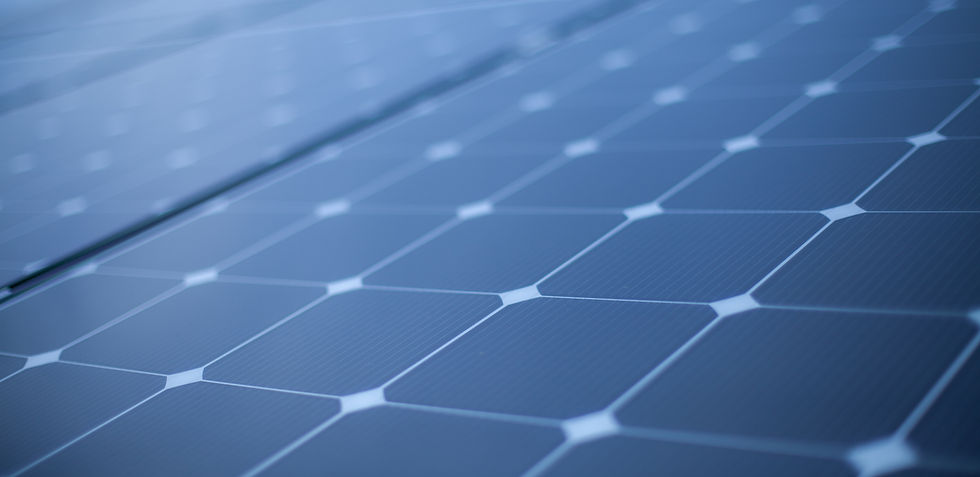
In the constant pursuit of optimising the energy performance of buildings, energy efficiency certificates have become an indispensable tool. These certificates provide a clear and objective assessment of a property's energy consumption, enabling owners and users to make informed decisions to improve efficiency and reduce costs. Here we present a brief explanation of the types of certificates available and their advantages for both owners and users.
Energy Efficiency Certificate (EEC):
The Energy Efficiency Certificate is the official document that evaluates the energy efficiency of a building or dwelling, assigning it a rating ranging from letter A (most efficient) to letter G (least efficient). This certificate also includes recommendations to improve the energy efficiency of the property. Its main advantages are:
Transparency: Provides clear and objective information about the building's energy consumption, facilitating comparison with other similar properties.
Environmental Awareness: Raises awareness among owners and users about the importance of energy efficiency and its impact on the environment.
Property Valuation: Helps increase the value of the property by demonstrating its energy efficiency, which can be attractive to potential buyers or tenants.
Sustainable Building Certificate:
This certificate goes beyond assessing energy efficiency and considers other aspects related to sustainability, such as the use of eco-friendly materials, water management, and the integration of renewable energies. Some of its advantages include:
Promotion of Sustainability: Encourages the construction and use of buildings that are more environmentally friendly, contributing to the reduction of carbon emissions and the responsible use of natural resources.
Increased Comfort and Health: Sustainable buildings often provide a healthier and more comfortable indoor environment for their occupants, thanks to better ventilation, natural lighting, and non-toxic building materials.
Market Differentiation: Highlights the property in an increasingly conscious market about the importance of sustainability, which can increase its value and appeal to buyers and tenants.
Renewable Energy Efficiency Certificate:
This certificate focuses on the integration of renewable energy sources into the building, such as solar panels, wind turbines, or geothermal systems. Its advantages include:
Energy Self-Sufficiency: Enables the building to generate part or all of its own energy, reducing dependence on non-renewable sources and associated costs.
Carbon Footprint Reduction: By using renewable energies, greenhouse gas emissions are reduced, helping to mitigate climate change and protect the environment.
Long-Term Savings: Although the initial installation may require an investment, in the long term, it results in significant savings on energy bills, quickly amortising the initial cost.
In conclusion, energy efficiency certificates provide a comprehensive view of the efficiency and sustainability of buildings, offering benefits for both owners and users. From enhancing transparency and property valuation to promoting a more sustainable and healthy lifestyle, these certificates are a valuable tool in the pursuit of a more efficient and responsible energy future.

コメント